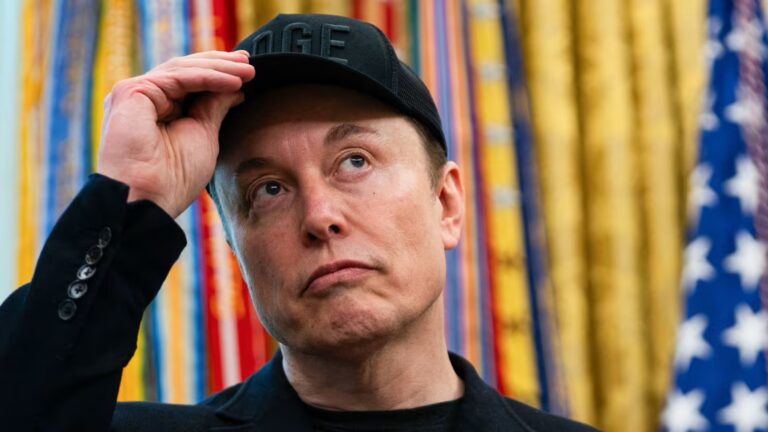President Hichilema Calls for ‘Reset’ in U.S.-Zambia Relations Anchored in Trade, Technology, and Mutual Growth
Lusaka, July 2025
President Hakainde Hichilema has called for a bold and deliberate reset in the long-standing relationship between Zambia and the United States, urging a shift from traditional aid-based engagement toward commercially-driven cooperation anchored in investment, technology, joint ventures, and mutual prosperity.
Speaking at a high-level diplomatic meeting at State House with U.S. Ambassador Mike Gonzalez and his delegation, President Hichilema acknowledged the warm historical ties between the two nations, but insisted the time had come for a more structured, results-oriented partnership.
“This is not about mourning the past,” the President said. “We are saying the coin has two sides. What can we do to find convergence between the new thrust in America and our own desire to grow the economy?”
While appreciating the substantial development assistance Zambia has received over the years, particularly U.S. backing in its complex debt restructuring efforts, President Hichilema was clear that the next chapter must be driven by tangible results. He emphasised that true development must go beyond commitments, and translate into job creation, industrialisation, and shared growth.
He laid out four key areas for redefined engagement: mobilising fairly priced capital, accessing appropriate technology, forming joint ventures with American companies, and promoting local value addition in critical sectors like mining.
“We don’t want the old model where foreign direct investment comes in and holds 100 percent ownership,” he said. “We want partnerships at equity and management levels. We want the best skills, even from outside, if they help us employ a hundred Zambians.”
President Hichilema also reflected on Zambia’s improved macroeconomic position. He highlighted milestones including the reopening of long-defunct mining shafts, a revived free education policy that has brought two million children back into classrooms, and a projected annual copper output of nearly one million tonnes.
“Compare that to where we were four years ago,” he said. “We had minus 2.8 percent GDP. This year, we believe we can whisper to six percent. That’s where jobs are, that’s where business opportunities are, and that’s where treasured revenue is.”
He credited the IMF and World Bank, both U.S.-anchored institutions, for playing a key role in helping Zambia restructure its debt. “It gave us headroom to focus on the development agenda,” he noted, underscoring that debt relief was not an end in itself, but a platform for building a stronger, fairer economy.
Turning to democracy and governance, the President was adamant that Zambia’s democratic gains must be accompanied by economic dividends. “Democracy must deliver results. These results must be seen in jobs, in the economy, and in business opportunities not just for foreign investors, but for Zambian citizens and local businesses.”
He also called for quicker decision-making from American firms, noting that Zambia cannot afford sluggish responses in a global economy that moves rapidly.
“We are a small economy in a hurry,” Hichilema said pointedly. “We understand U.S. corporations have structures and stock exchange rules, but we are asking how can those decisions be made faster so we can grow together?”
The President stressed the need for mutual respect in diplomatic and business dealings. “You diplomats must respect that we are doing what is supposed to be done for the people of Zambia first. In doing that, we meet in the middle where American interests align with Zambian interests.”
Closing the meeting, President Hichilema expressed gratitude to Ambassador Gonzalez for responding quickly to his invitation, describing the engagement as timely and necessary. “It shows the depth of our partnership and our shared intention to do more together.”
With his reset message now clearly articulated, President Hichilema has drawn the blueprint for a future in which U.S.-Zambia relations are no longer defined by donor-recipient dynamics, but by shared ambition and mutual reward.


















